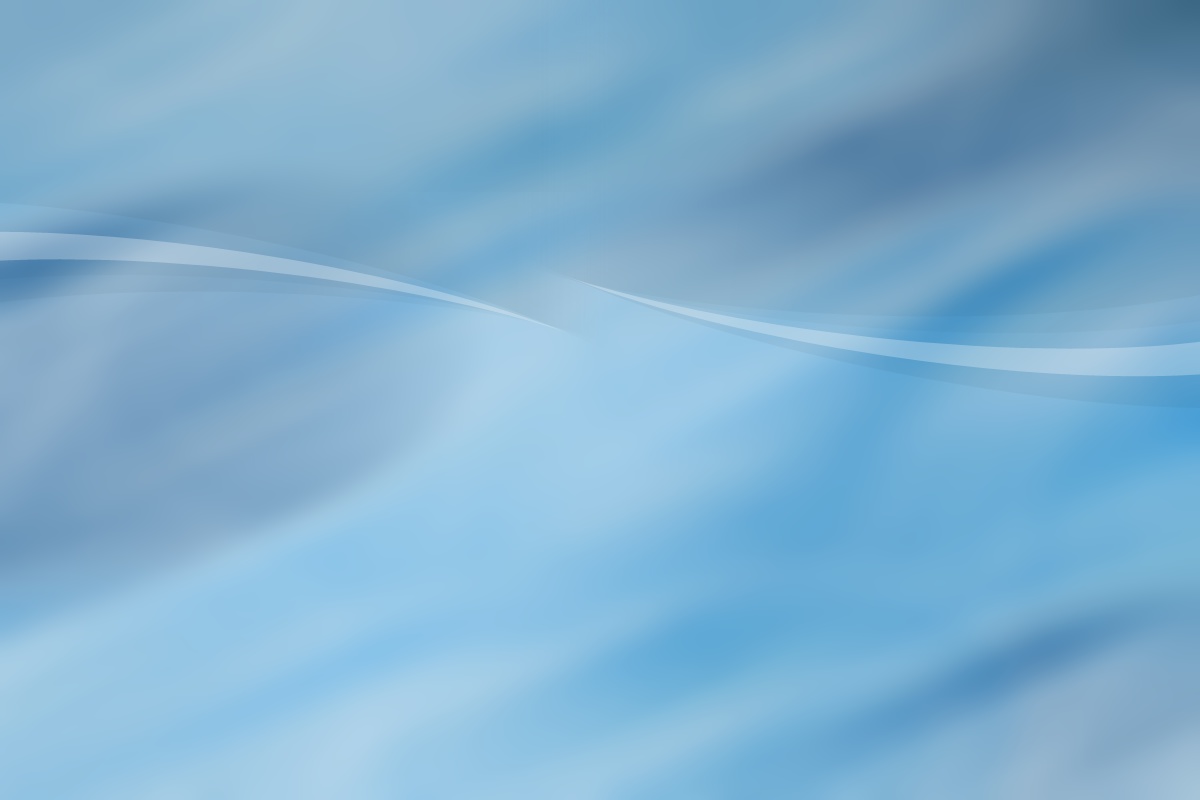FREQUENTLY ASKED QUESTIONS
'Do I need a referral from my GP?'
No. A GP referral is not necessary. You can contact me directly.
'Will our sessions be confidential?'
Yes.
'How long will I need to be in counselling or psychotherapy?'
This completely depends on the individual and is something we will discuss at the end of our first session and review regularly. For some people six to eight sessions on a particular issue they are working on may be enough. For others there may be several issues they want to work on and they may want to continue sessions for some months, a year or longer. It is also possible to do a few sessions on one area, take a break and return for more sessions at a later date to review how things are going or work on another area you want to address.
'Will we spend most of our sessions talking about my childhood?'
The main focus in sessions will be on where you are now and what brings you to therapy in the present. It is worthwhile exploring childhood experiences when they have relevance for current difficulties, but I essentially work with clients in the here and now.
'Does counselling and psychotherapy basically mean you give me advice?'
No. There may well be times when I make suggestions but my role is to work with you to find the solutions that are right for you. I believe we are each our own best expert and each of us needs to find the answers that are right for us. My role is to help you get clear on what those answers are for you. What might be the best solution or way forward for one person could be quite wrong for someone else. One of the benefits of therapy is developing a clearer sense of what does and does not work for you and becoming your own advisor.
'Why use the arts?'
Working with the arts in sessions can reignite our creative fire and enthusiasm. The process of art brings us into the present moment and can relieve stress and anxiety. Sometimes we can better express what we feel through an artistic medium than through talk. And the arts can be a good mirror, reflecting our experience back to us and leading to greater insight.
'Do I have to use the arts in sessions?'
No. There is no pressure to use the arts unless you want to.
'Will you tell me what my artwork means?'
No. The expressive arts approach I trained in is not about interpreting or diagnosing people's art. The emphasis is on exploring what the art, whatever form it takes, means to the person who created it and on creating opportunities to experience creative aliveness.
'Do I need to have special arts skills already?'
No. Many of us have experienced negative criticism (often self-criticism) in response to our attempts at art and have stopped trying to draw, write et cetera as a result. The arts techniques I use do not require any special arts skills or experience. You might in fact discover a latent ability you want to develop further but in sessions the aim is to connect with the deep satisfaction of spontaneous creativity in the moment rather than critiquing the results.
Tel: (07877) 453 477
Hastings & St Leonards, East Sussex
Online
